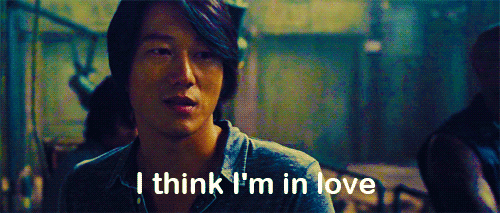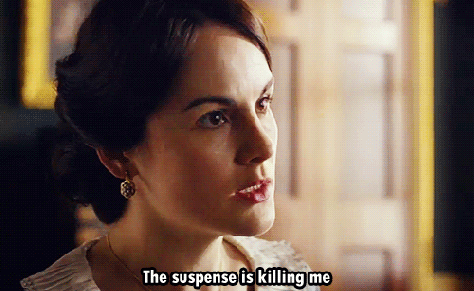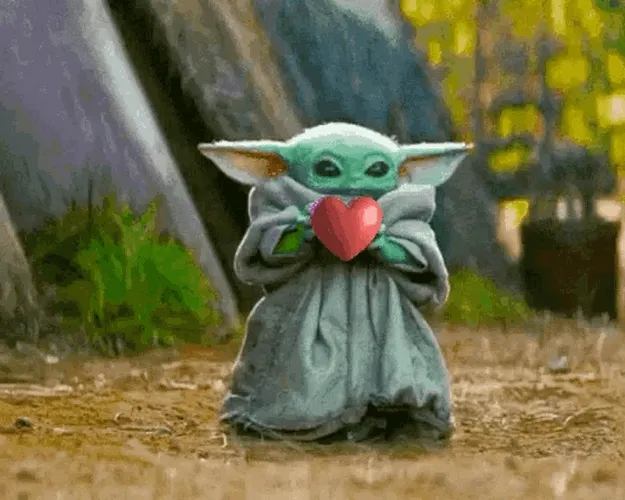Began reading: 19.2.2017
Completed reading: 23.2.2017
Overall rating: 4 stars
She will bring down the world.
Snow barely remembers a time before she was locked in a psychiatric hospital. But when the love of her life disappears in the night, Snow must follow a mysterious stranger into a magical frozen world to find him.
Amidst witches, thieves and spells, secrets unravel as Snow discovers she is heir to this world's corrupt and twisted king.
And she has great ice powers of her own.
Now Snow faces choices that will decide the fate of a kingdom - and if she can ever return to the life she knew before.
Stealing Snow by Danielle Paige is a young adult retelling of Hans Christian Anderson’s The Snow Queen, and contains fantasy and romance. This book was meant to be my Christmas read, but I found a more suitable novel so this one was put off until now. I was hesitant to read this series, especially since I’m not much of a fan for Paige’s Dorothy Must Die series, but I was impressed!
After attempting to walk through a broken mirror with her friend Becky, Snow was placed in the Whittaker asylum. Here, she met and fell in love with Bale – a boy who enjoys seeing things burn. When Bale is kidnapped through a mirror in his room, Snow escapes into the woods, where she meets a witch and her apprentice who teach her how to control her frosty powers in order to fulfil the prophecy – defeat the king and save the snowy kingdom by taking the throne, or assist the king by giving him unrestrained powers. As Snow meets new people in the strange world on the other side of the Tree, her love for Bale and desire to return to her old life in New York will be tested. Will Snow stay loyal to Bale, or will the discovery of her powers persuade her to stay and fight for the frozen kingdom?
The novel was well-written, especially in regards to pace and detail. Paige utilised a range of literary techniques to better describe characters and situations, including similes, imagery and sarcasm. I found it easy to imagine being with Snow and the other characters, especially when Snow crosses the Tree. Everything was described in detail, so I never struggled to picture a situation. There were also a couple of great quotes, including:
It was her job to check, not to trust. And it reminded me every day that even though she was the only person who really talked to me, she was paid to be here (p. 10).
‘Sometimes saying something is harder than not saying it. […] out there in the world people spend most of their lives afraid to say what’s really on their minds’ (p. 41).
‘Mirrors reflect what we want to see, or sometimes they reveal what you really are or what you really want. You have to be very careful with a mirror’ (p. 124).
…if you changed your identity over and over and never stood still, how did you ever know anyone? (p. 202).
…maybe, just maybe, it didn’t matter how you looked going into battle. It just mattered that you went (p. 334).
More quotes from the book can be found here.
I’m a fan of retellings, especially because they provide a new perspective on a tale that we already know. This was one of the reasons why I purchased this book, and I wasn’t disappointed. Honestly, prior to seeing Frozen, I didn’t know very much about the tale of the Snow Queen. From what I found online, I could see that Paige had incorporated some characters from the original tale, and then added concepts from other stories to make the narrative more interesting. I wouldn’t say that it was unique, but I still thought that the plot was enjoyable.
The use of plot twists assist with keeping the plot flowing and prevent the story from becoming dull. I like when a book contains a few plot twists, but not too many. Too many twists make the plot unrealistic and confusing. In this case, this novel had a decent amount of surprises. They were unexpected, related to the story really well, and has me anticipating the sequel. Unexpected turns in books should blow my mind, and the ones in this book successfully did this. My favourite twists in this book were when Snow met her paternal family members, as well as her mother’s alliance. Anyway, I look forward to having my mind blown in the upcoming books in the series!

I love a good conclusion, with or without a cliff-hanger. In my experience, it is difficult to find an agreeable conclusion, especially because the endings leave some questions unanswered. However, that was not an issue for this novel. The conclusion provided adequate closure, especially for the main plot line. At the same time, the conclusion created eagerness for what will happen next. When a book doesn’t end with a cliff-hanger, I believe that this is how it should end. It appeared to be well thought out, as opposed to an abrupt stop, so I believe that Paige did a good job.
A bit of romance is always a good thing, especially if it’s mature and realistic. I thought that Paige did a great job in injecting some romantic interest into the plot. The only issue that I had with it was that there were three romantic interests – a love square – which seemed unrealistic and a bit much for a first book in a series. I understand that it is good to introduce these characters early on in a series, but still. I’m hoping that Snow will pick one guy (PLEASE LET IT BE JAGGER) and build on that relationship! That way, things will be a little more realistic. Overall, the romance made the plot more intriguing, which was great.

Another issue that occurred was the confusing plot lines, in particular Kai and Gerde. I considered these two characters particularly significant, as they were part of the original story of the Snow Queen. However, they were only present in the beginning and towards the end. I had no idea what happened to either of them after the Duchess’ ball, so I was left with a few questions: what was the point of Snow and Kai’s romance? Did Kai recognise Snow when she disguised as the Countess? I know that these questions will be answered later, but I thought that it was confusing that they disappeared after the ball and weren’t heard from since.

My favourite character was Snow – she was compassionate, loyal, courageous and sarcastic. She has the potential to be a ruthless killer, but refuses to become one. Despite being admitted to a mental institution, she is admirable and special. Jagger and Gerde were notable characters.
I really despise Ora for putting Snow in the hospital when she wasn’t even insane. I felt sorry for Snow because both of her parents are horrible people. I can’t wait to see Snow avenge both of them. I think it will be glorious!
My favourite parts of the book include Snow’s time at the Claret with Jagger, and her final battle with King Lazar. I enjoyed the Claret section because the place sounded beautiful and antique. Also, the lessons she learnt and the potions were very interesting. I enjoyed the final battle because it was dramatic and oozing with suspense. There were two plot twists following this fight, which I thought was unexpected and fascinating.
Recommendation time! If you like Firstlife by Gena Showalter, Vassa in the Night by Sarah Porter, the Frostblood saga by Elly Blake, and Hunted by Meagan Spooner, you will love this book. Also, I recommend this book to anyone who likes Snow White and the Seven Dwarfs, Alice Through the Looking Glass, Frozen, Snow White and the Huntsman, and The Huntsman: Winter’s War.
I will also be reviewing the rest of the series when the books become available. Keep an eye out for that!
Happy reading!
Like and follow!
Instagram: @thebasicbookworm
Twitter: @BasicBookworm






















